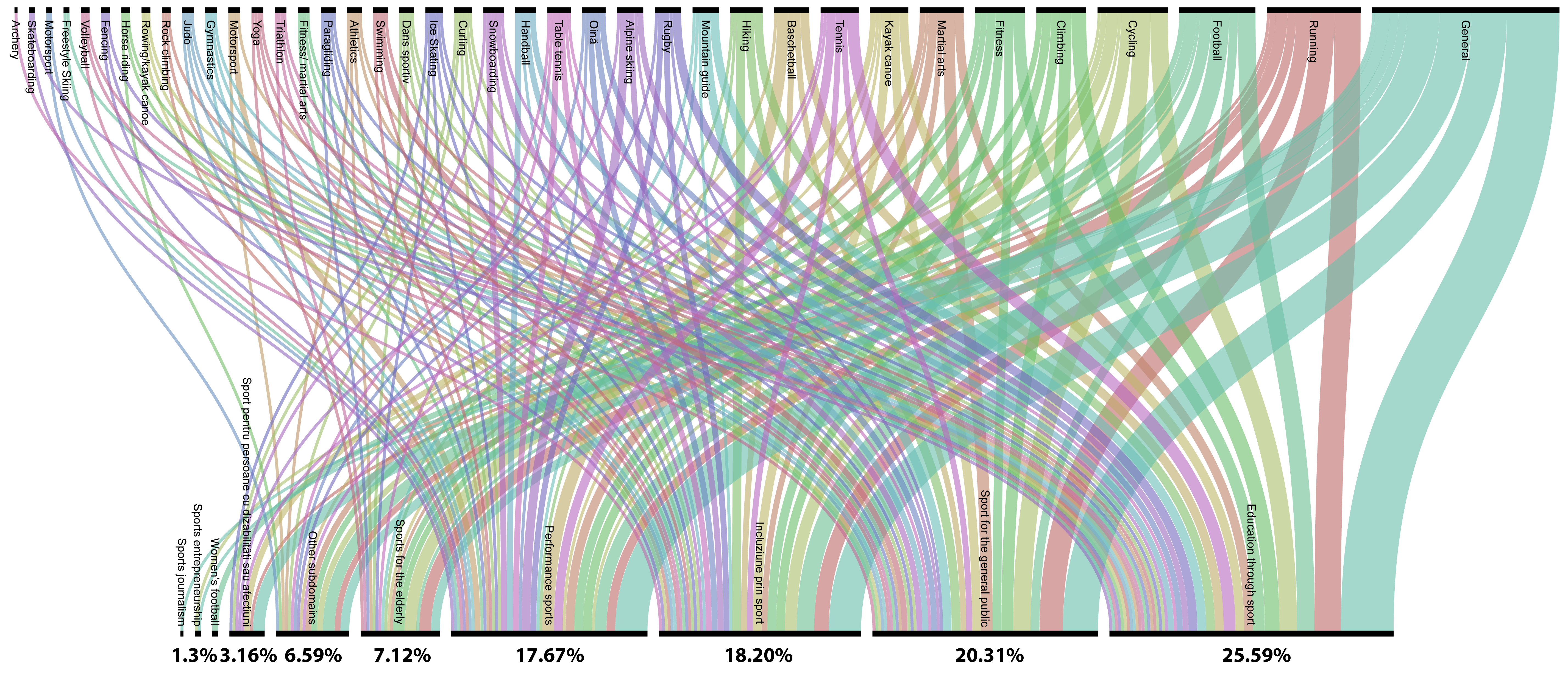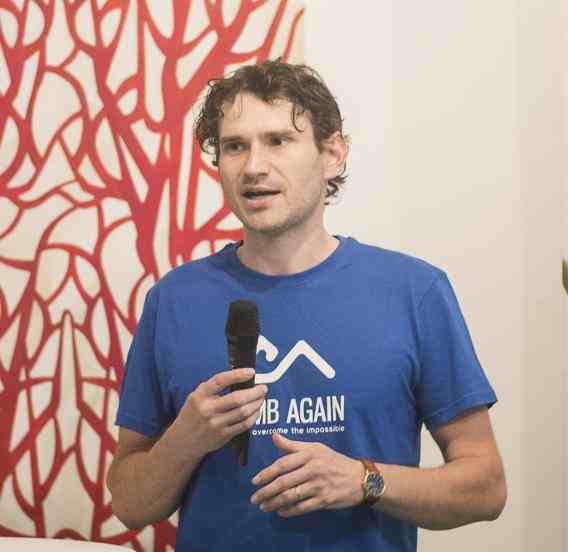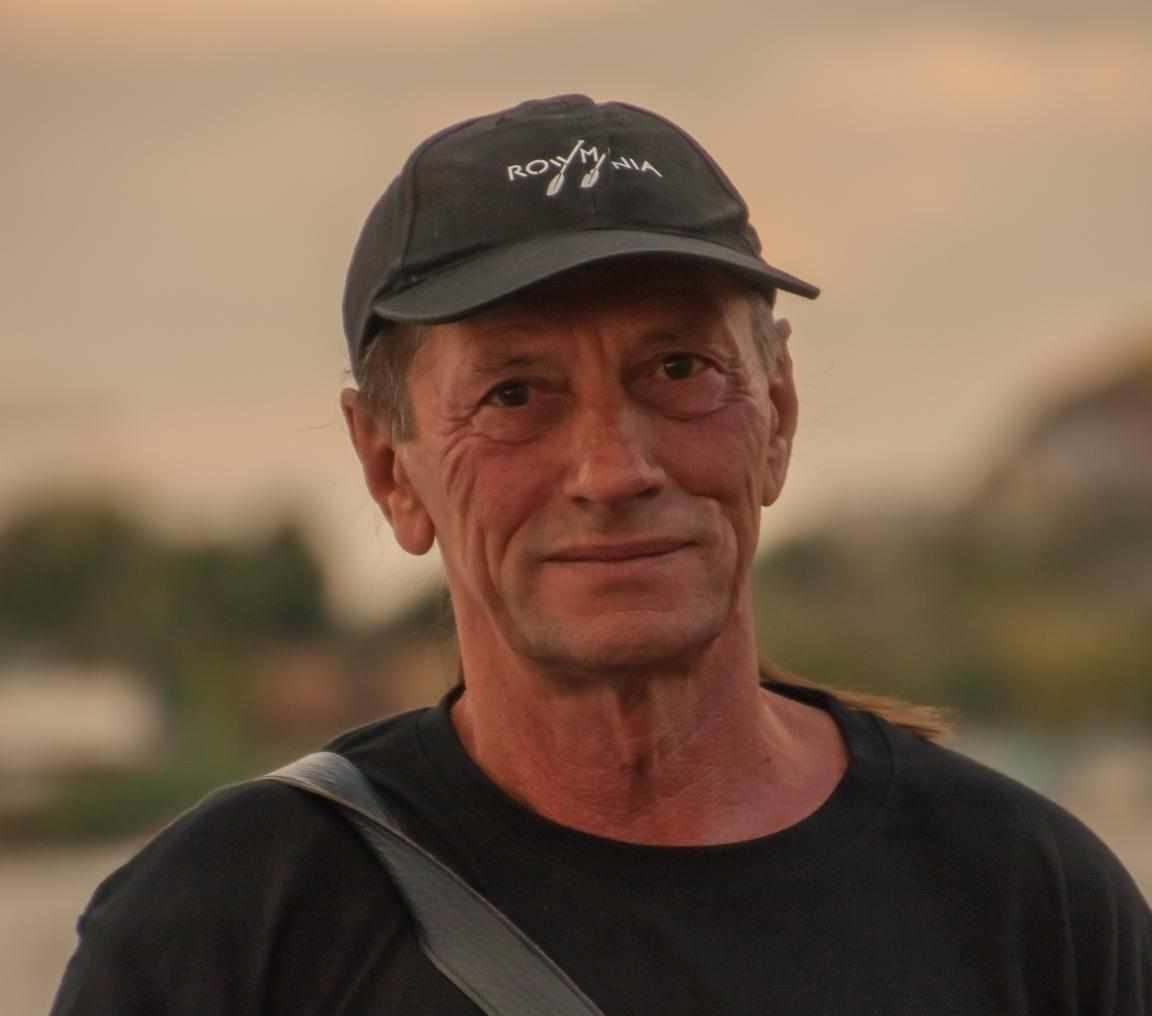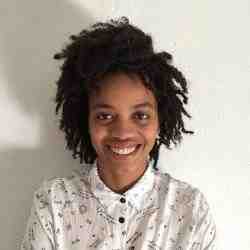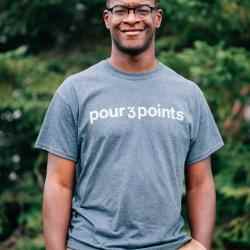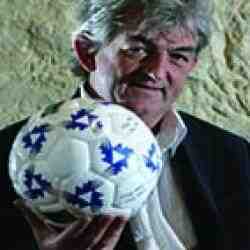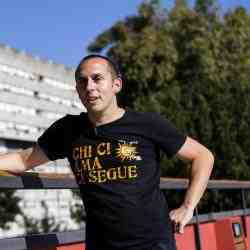Sports Changemakers Map
Nowadays, we are becoming more aware of the problems that surround us (from climate issues to lack of education and inclusion) and sports changemakers have a huge potential of tackling these issues and produce a positive impact in society. To better understand the phenomenon in Romania, we teamed up with Decathlon to uncover who are the individuals considered sports changemakers by their peers and what insights do they have about their work.
